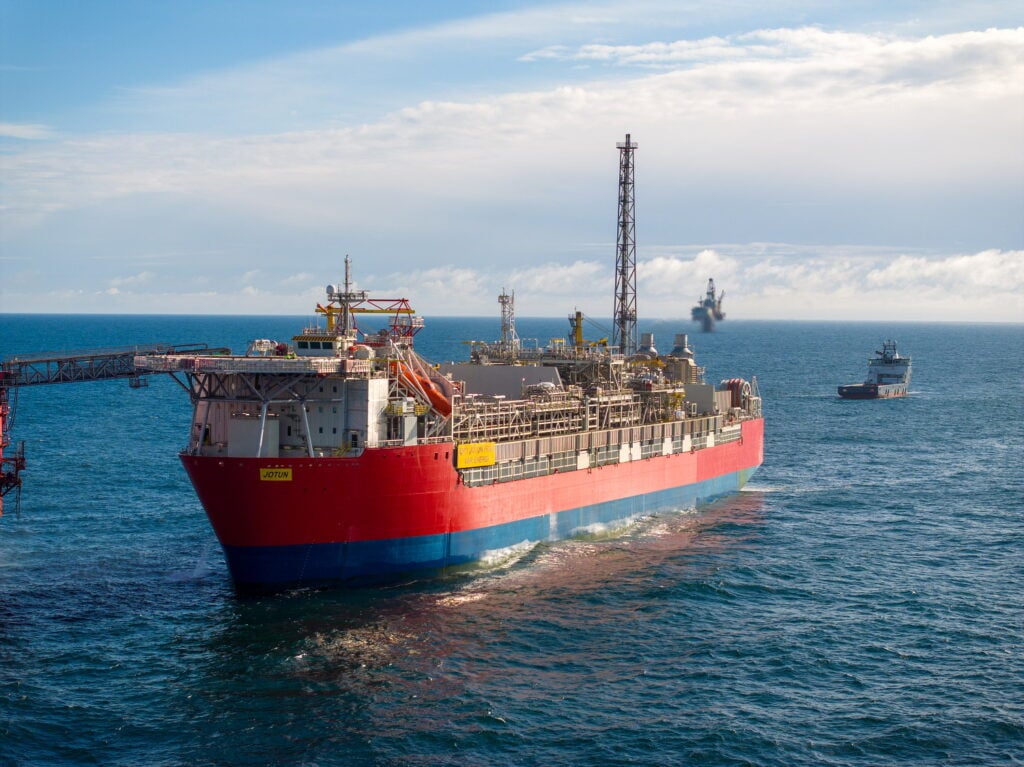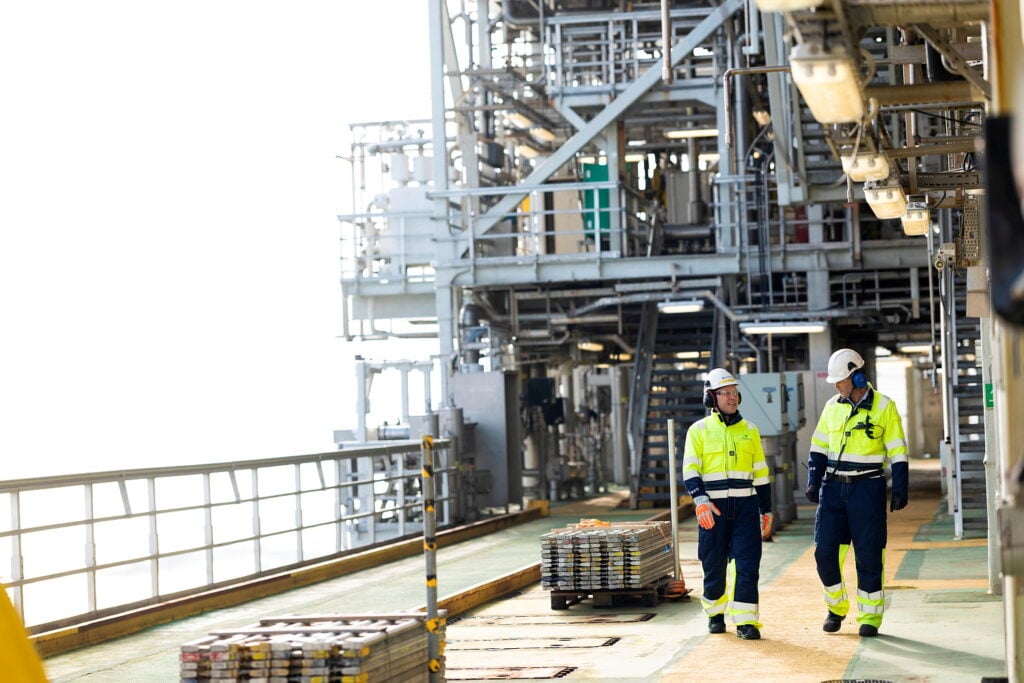Climate

Given the importance of access to energy to support a sustainable development and the greenhouse gas (GHG) emissions associated with the use of fossil fuels, climate change mitigation is particularly relevant for Vår Energi as one of the largest exporters of gas from the Norwegian Continental Shelf (NCS). The NCS is a key source of energy for Europe, representing around 30% of the gas supply.
Balancing the need to ensure access to affordable energy for all while transitioning toward a low-carbon economy is a major challenge both for Vår Energi and for the society in general.
Through the Climate and Energy Policy, we are committed to:
- Minimising energy consumption and GHG emissions
- Reducing GHG emissions
- Addressing climate-related risks and opportunities
We believe that producing hydrocarbons with minimal GHG emissions and low costs will gain a competitive advantage. Our strategy is to continue to provide access to energy by producing oil and gas safely, responsibly and with low GHG emissions per produced unit.
Production of oil and gas on the NCS is characterised by low GHG emissions per barrel produced compared to other oil-producing regions. However, we acknowledge the need to further reduce GHG emissions from our operations and value chain.


